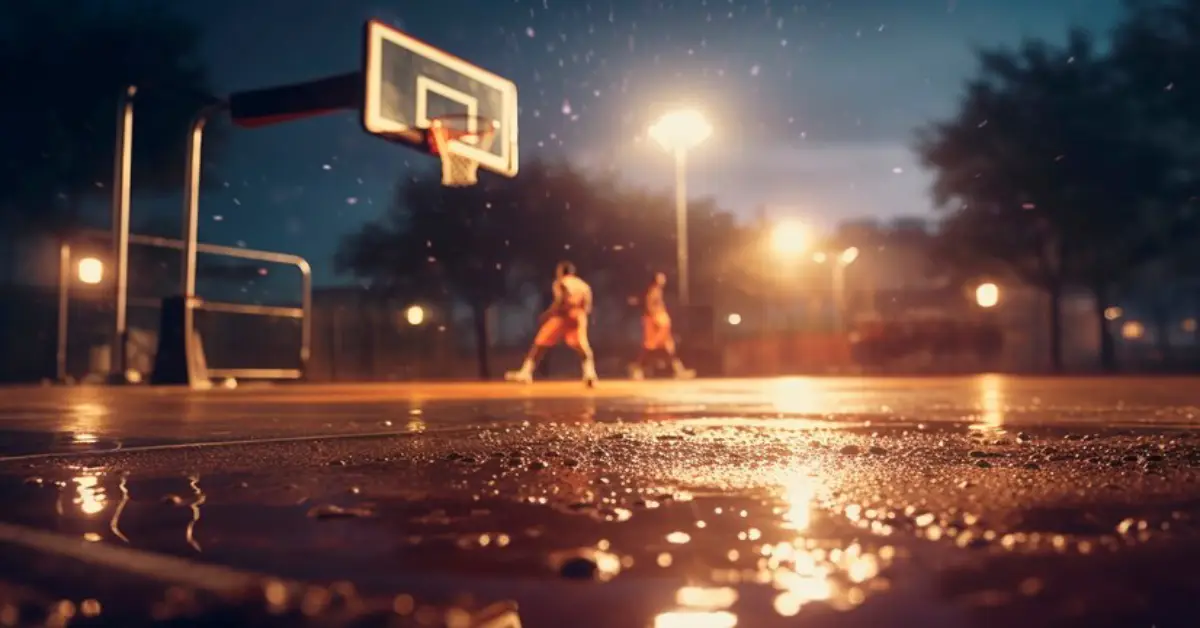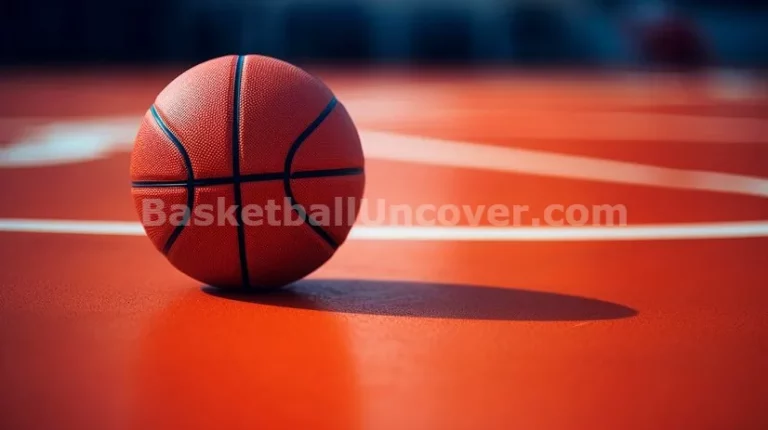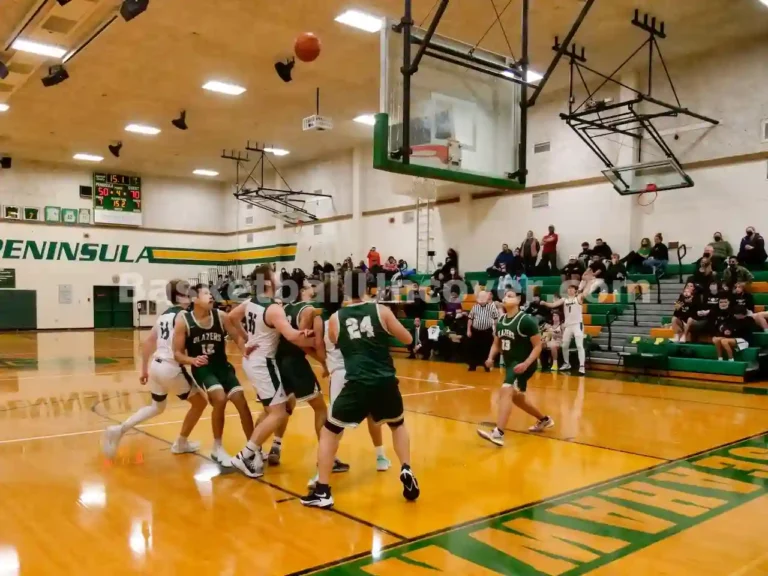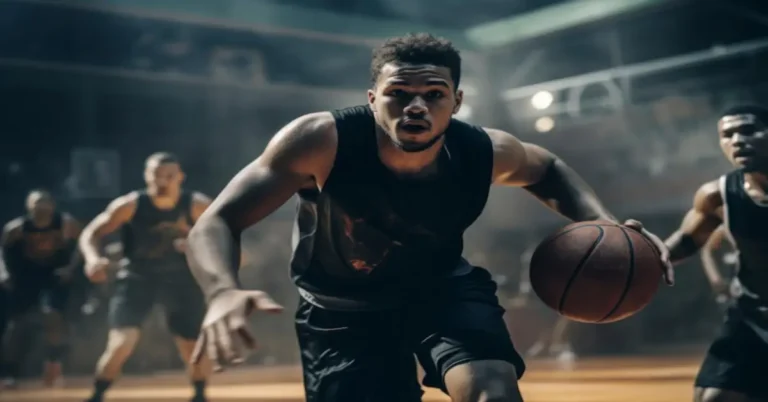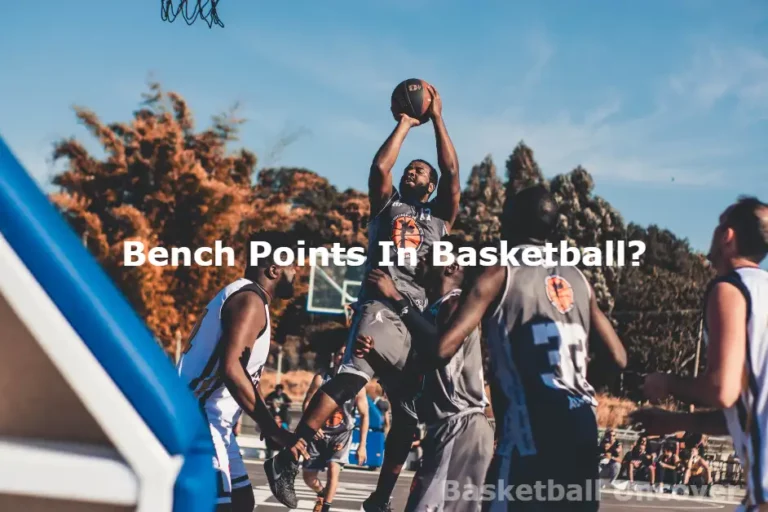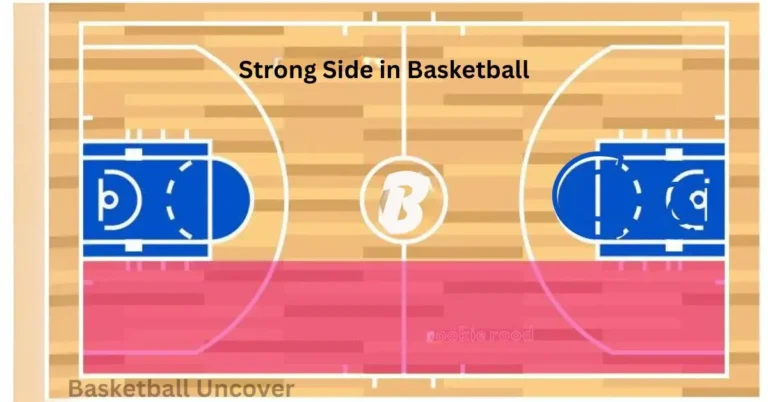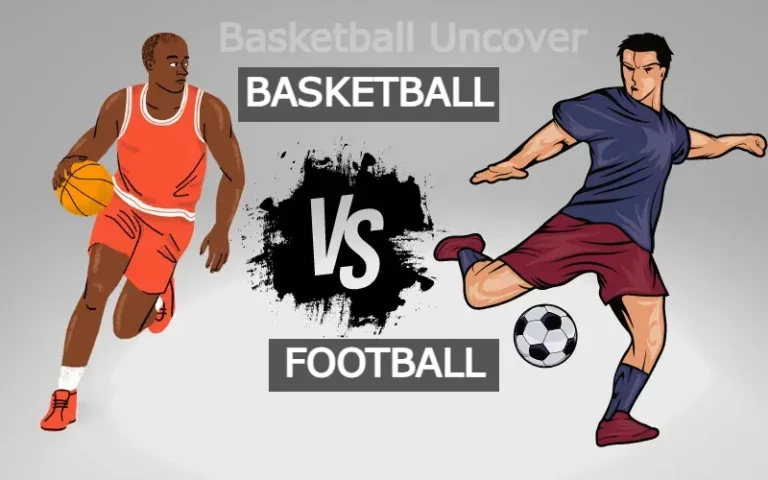Is Basketball a Summer Or Winter Sport?
Basketball is a beloved sport enjoyed by millions around the globe. But its seasonality can be confusing, leading many to question: Is basketball a summer or winter sport? The answer isn’t simple, as it depends on several factors.
Basketball, a beloved worldwide sport, defies simple categorization as a summer or winter. Its unique nature, with indoor and outdoor variations, creates a complex web of seasonality depending on location, league, and personal preference.
Historical Origins and Indoor Dominance:
Basketball’s origins trace back to 1891 when it was invented by James Naismith as an indoor activity during the harsh Massachusetts winter. This indoor foundation solidified basketball’s association with the colder months, becoming a staple sport in schools and gymnasiums during winter.
Professional leagues like the NBA further cemented the winter image, playing their season from October to June. College basketball also follows a similar schedule, aligning with the academic year.
Outdoor Courts and Summer Sun:
However, basketball’s appeal extends beyond the confines of indoor courts. Outdoor basketball, often played on public courts and street corners, thrives in warmer months. The iconic image of pick-up games under the summer sun is deeply ingrained in popular culture.
Additionally, professional leagues like the WNBA intentionally schedule their season during summer, offering a distinct counterpoint to the NBA and avoiding competition for venues and audiences.
Global Variations and Cultural Influences:
The seasonality of basketball also takes on local nuances depending on the region. In some tropical climates, basketball is played year-round due to favorable weather conditions. Conversely, countries with harsh winters often limit outdoor play to warmer months.
Cultural influences also play a role. Basketball’s popularity in certain countries might see increased outdoor activity during festivals or holidays, regardless of the season.
The Argument for Winter:
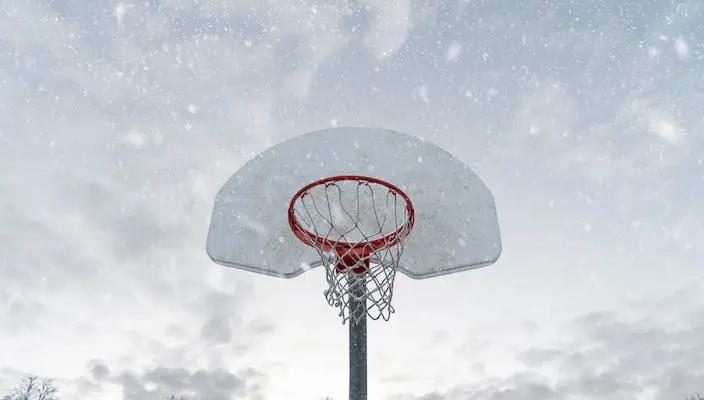
Professional Leagues:
The major professional leagues, like the NBA, run their seasons through the winter months, starting in October and ending in June. This timeframe aligns with the traditional winter sports calendar.
Weather:
Basketball was originally invented as an indoor sport to be played during cold weather when outdoor activities were limited. This historical association reinforces its connection to winter.
Basketball, a beloved worldwide sport, defies simple categorization as either a summer or winter. Its unique nature, with indoor and outdoor variations, creates a complex web of seasonality depending on location, league, and personal preference.
Pros and Cons of playing basketball in winter
| Aspect | Pros | Cons |
| Attendance | Increased attendance due to holiday season and people seeking indoor activities | Travel disruptions due to snow or ice storms may lead to lower attendance |
| Player Performance | Colder temperatures may lead to increased energy expenditure and fatigue | Slippery court conditions may increase the risk of injuries |
| Game Strategy | Faster pace of play due to improved ball handling on a dry court | Increased risk of turnovers due to slippery court conditions |
| Shooting | Improved shooting accuracy due to denser air | Wind gusts may affect shot trajectory |
| Fan Engagement | Festive atmosphere with holiday decorations and themed events | Cold weather may lead to discomfort for fans |
| Game Viewership | Increased viewership due to people staying indoors | Potential for game cancellations or delays due to severe weather |
| Team Travel | Increased travel costs due to the potential for flight cancellations or delays | Opportunity for team bonding during extended travel time |
| Equipment | Improved grip on basketballs due to colder temperatures | Increased risk of equipment damage due to snow or ice |
| Venue Maintenance | Additional costs for snow removal and ice melting | Opportunity to showcase winter-themed decorations |
| Overall Atmosphere | Unique and exciting atmosphere with winter elements | Potential for disruptions and inconveniences due to weather |
The Argument for Summer:
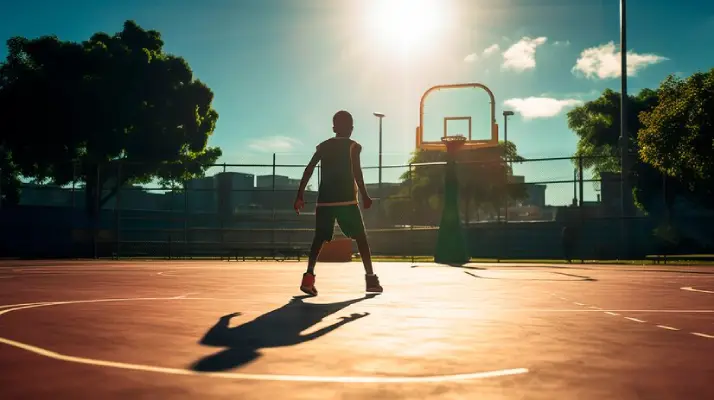
Outdoor Play:
Basketball thrives as an outdoor activity in warm weather. Public courts are buzzing with activity during the summer months, showcasing the sport’s popularity beyond the confines of winter.
Summer Leagues:
Professional and amateur players participate in summer leagues, using the time to hone their skills and stay active. These leagues highlight basketball’s presence in the summer.
International Competitions:
The FIBA World Cup, a major international competition, takes place in the summer, further blurring the lines of its seasonality.
Pros and Cons of playing basketball in summer
| Aspect | Pros | Cons |
| Player Performance | Increased shooting accuracy due to warmer ball | Decreased stamina and endurance due to heat and humidity |
| Game Pace | Faster tempo due to lighter clothing | Higher risk of cramps and injuries due to fatigue |
| Fan Engagement | More exciting and fast-paced games | Uncomfortable conditions for spectators |
| Team Strategies | More emphasis on quick plays and open looks | Difficulty in executing complex plays due to fatigue |
| Viewership | Potentially higher ratings due to outdoor games | Potential for lower ratings due to competition from other summer activities |
| Overall Physical Impact | Increased risk of dehydration and heat stroke | Opportunity for players to improve their conditioning |
| Psychological Impact | It may require adjustments to playing time and rest periods | Potential for frustration and decreased performance due to fatigue |
| Game Management | Risk of canceled or postponed games due to extreme weather | Increased workload for referees and medical staff |
| Venue Considerations | Importance of proper ventilation and air conditioning | Potential for glare and sun-related issues in outdoor venues |
| League & Player Revenue | Potential for increased merchandise sales and attendance | Risk of cancelled or postponed games due to extreme weather |
Why Is Basketball Played In Winter?
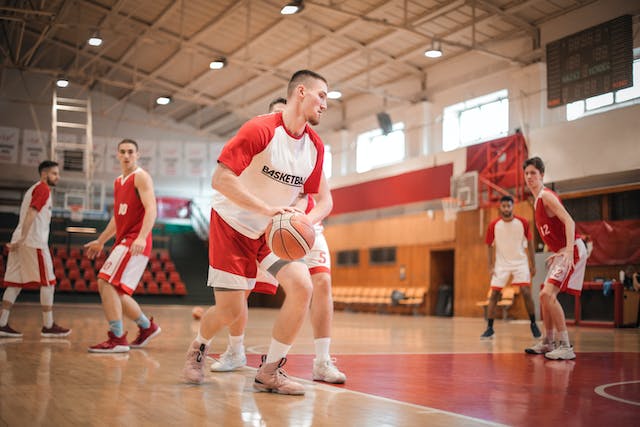
Indoor Origins: Basketball was invented as an indoor activity for winter months when outdoor sports were impractical.
Seasonal Convenience: Winter schedules align with professional leagues, allowing players to participate without disruption.
College Season: College basketball traditionally plays throughout winter, fostering fan engagement and athletic development.
Favorable Climate: Winter’s cool temperatures provide a comfortable environment for physically demanding games.
Limited Competition: Fewer outdoor sports compete for athletes‘ and fans’ attention during winter.
Tradition and Nostalgia: Winter basketball evokes memories and traditions, further solidifying its seasonal association.
Global Appeal: Basketball’s year-round popularity thrives regardless of season, with winter leagues thriving in various regions.
Alternative Activity: Basketball provides an accessible and engaging option for individuals seeking winter exercise and recreation.
Community Building: Winter basketball leagues foster social connections and encourage community involvement.
Accessibility and Versatility: Playable indoors and outdoors, basketball adapts well to various winter environments and facilities.
FAQs
Basketball is a summer Olympic sport, despite its association with winter due to its indoor origins and college season timing.
The NBA season runs through winter for several reasons:
Historical precedent: Basketball was invented as a winter sport in the late 19th century, and the tradition has continued.
Avoid conflict with other sports: Winter months offer less competition from other major sports leagues, allowing the NBA to dominate the sporting landscape.
No, soccer is not traditionally considered a winter sport. While some leagues have winter seasons, they are played year-round in many parts of the world.
1. Alpine Skiing
2. Nordic Skiing
3. Snowboarding
4. Ice Skating
5. Ice Hockey
6. Curling
7. Snowshoeing
8. Ice Climbing
9. Biathlon
10. Figure Skating
11. Bobsledding
12. Sled Dog Racing
13. Winter Triathlon
14. Snowmobiling
15. Ice Fishing
16. Winter Hiking
Conclusion
While basketball enjoys a strong association with the winter months due to its historical roots, professional leagues, and academic seasons, its vibrant outdoor presence and international tournaments in the summer solidify its status as a year-round sport enjoyed by all, regardless of whether basketball summer or winter sport.

